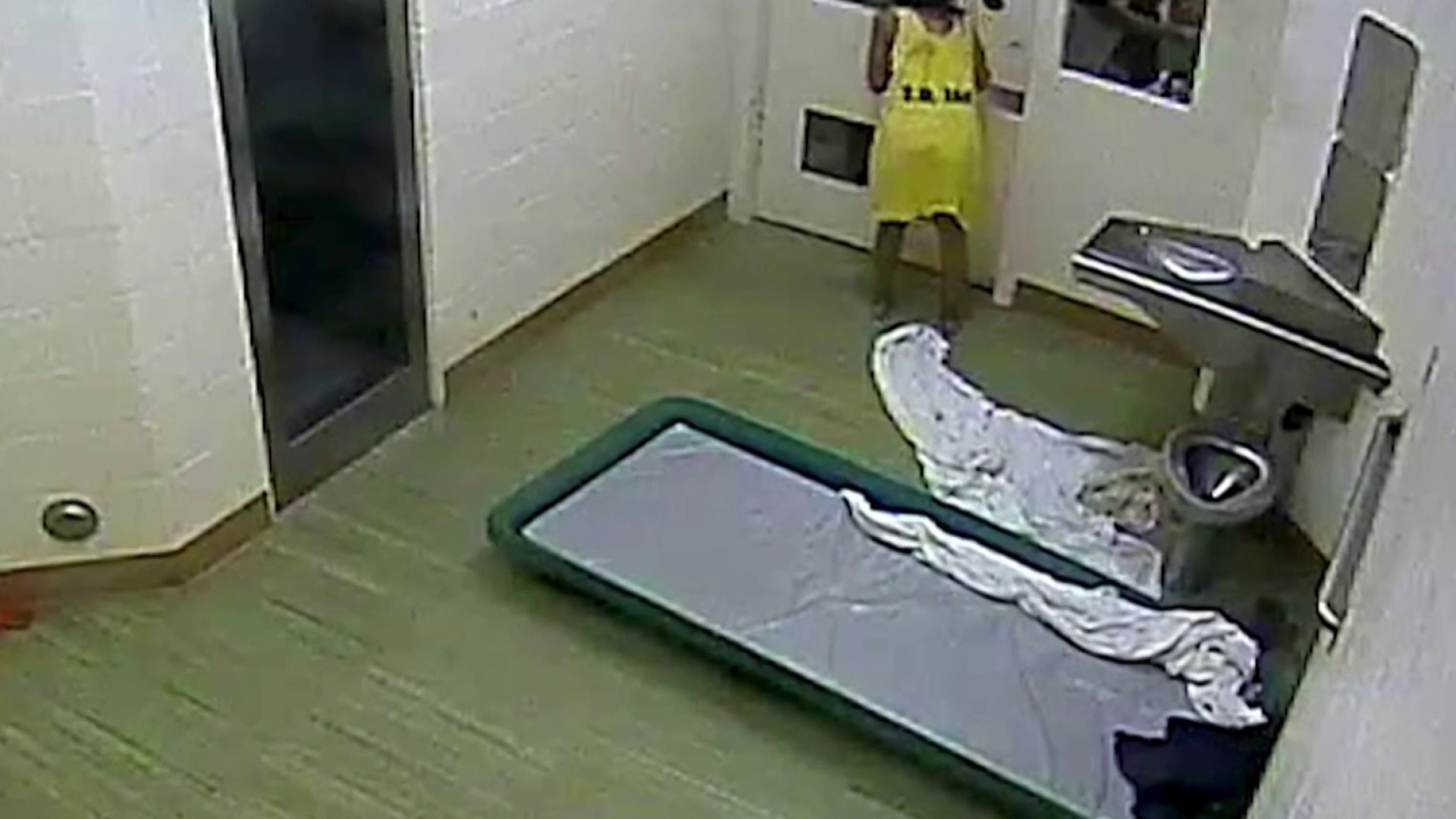The City of Oceanside is known for celebrating its birthday on July 3rd and then the country's birthday on July 4th. While Oceanside was incorporated in 1888, its history dates back years further and was founded by Andrew Jackson Myers, who settled in the San Luis Rey valley in the late 1870s.
By the early 1900s, Oceanside had expanded east and there is a rich history in the community known as 'Eastside.' It stems back to the early 1900s when many Mexican families migrated to east Oceanside to work in agriculture and helped build this community they called 'Barrio Posole' named for the popular Mexican soup. But, it’s the people and families that helped shape Oceanside.
The first settlers of Eastside were many laborers who worked in the fields of the San Luis Rey Valley and the Rancho Santa Margarita which is now Camp Pendleton. The Oceanside historical society has made it one of its missions to learn and preserve the neighborhood’s deep history.
Angelina Cruz Magaña is a longtime Eastside resident and at 96 years old still has a sharp memory of her upbringing and her husband's deep Eastside ties.
Get San Diego local news, weather forecasts, sports and lifestyle stories to your inbox. Sign up for NBC San Diego newsletters.
At the age of 18, Cruz Magaña made Oceanside home by working on a farm, and never did she think the man she would marry and the job she would take would end up becoming local history.
"Well back then there were no freeways, very few streets, very few homes," recalled Cruz Magaña.
By the late 1940s, she was working in a restaurant where she met her husband Pete Magaña. His family has called East Oceanside home for 116 years.
Local
"I never have been educated, I never had the education of teaching, but everybody said I had it in me," said Cruz Magaña with a chuckle. "And so I used to do what the teachers used to do."
Despite never having formally studied to become a teacher Cruz Magaña became a bilingual teacher aide at Laurel Elementary in the heart of Eastside helping teach English to the large population of students in the 70s that mainly spoke Spanish.
"I felt that everybody could learn, anybody could learn and so I used to work with the ones that were having problems. I used to do so much for them," she recalled. "I used to record cards in English and then in Spanish so they could hear it in both languages."
Photos: Family Looks Back at More Than a Century in Oceanside and Reflects on Rich History of ‘Eastside'
Her plight was similar to that of many families which transformed Eastside including her husband Pete Magaña whose family settled in Oceanside when it was just a town of about 5,000 people.
"He worked hard to get bilingual classes to all these Spanish-speaking kids because they were all in classes and the teacher didn't know how to teach," she said.
Preserving family stories like these is the mission of the Oceanside Historical Society.
"One of the things about Eastside is that it's now changing, but when you go and travel the streets of the eastside, many of those residents are still there or their descendants are still there," explained Kristi Hawthorne, the Oceanside Historical society director.
It’s cliche, but true, everyone has a story, and passing down these stories is what Cruz Magaña wants her family and community to do as her husband Pete who was a lifelong Eastsider and community advocate who passed away 11 years ago.
"Gosh, he was so proud, he was always so proud of Oceanside," Cruz Magaña said with a smile.
Prideful of their neighborhood through the ups and the downs of Eastside.
"Though there used to be fights and shootings and my God we had about three or four shootings around us," recalled Cruz Magaña. "It even hit the house, one bullet hit the house, but you know, I wasn't afraid to live there."
Nor were the Magaña's afraid to take action as they were known for their community advocacy in schools and in the neighborhood.
"Pete had a group that used to try to get the youth to come to the meetings and talk to them and try to do something to get them away from the gangs, used to talk to the families and families used to come to the meetings and listen," she said.
Conversations that may be decades old, but still ring true today.



